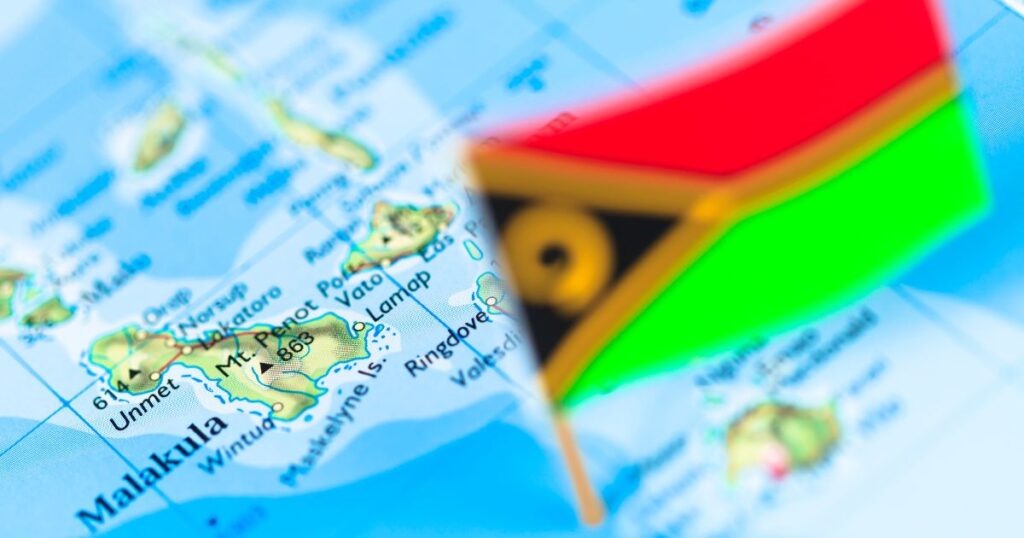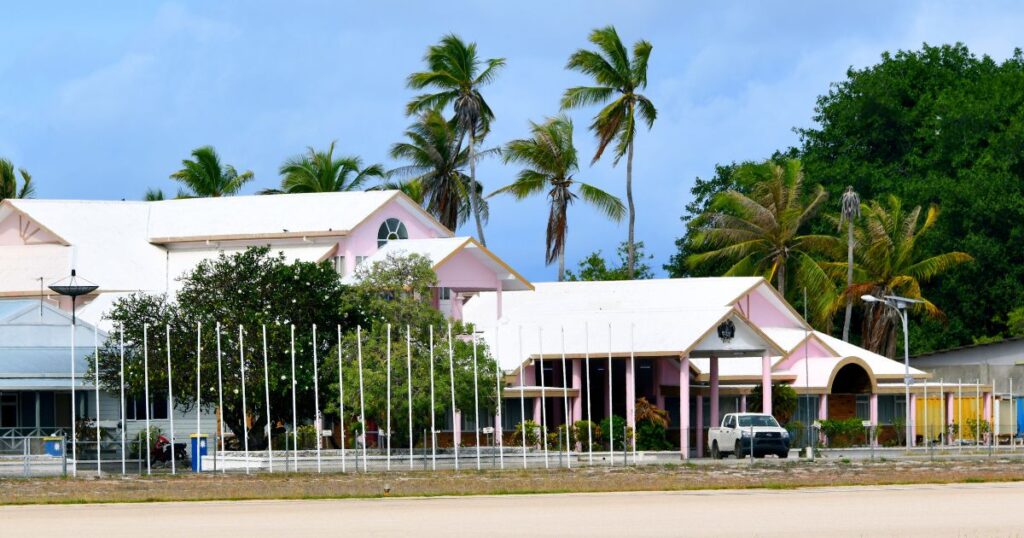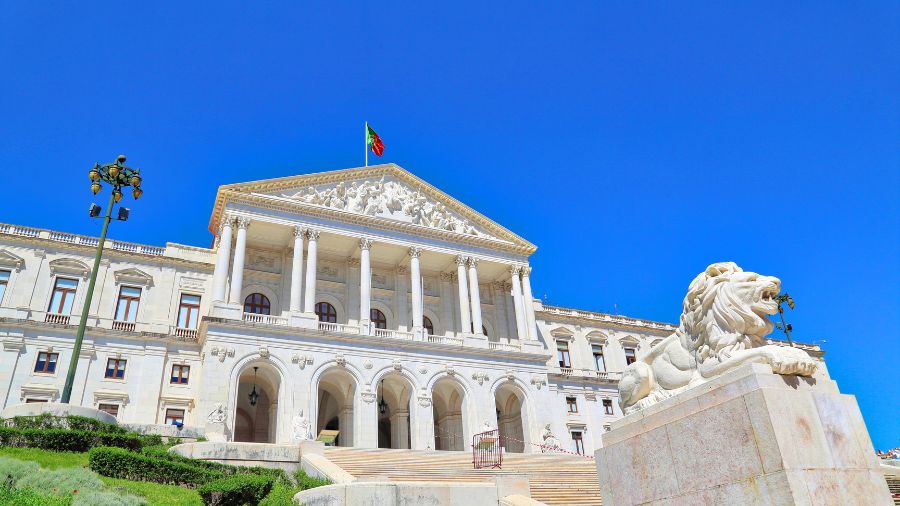Citizenship by investment programs has captured great interest and popularity among business investors and corporations from across the Globe. The important question here is…
Can you citizenship by investments by investing in businesses and enterprise projects?
The answer is YES, there are only 4 countries in the world that has proper CBI legislation for granting citizenship within months for investments in business projects.
In the Caribbean only two nations offer business citizenship by investment (Antigua and St Lucia). All other countries operate only donation and real estate investment schemes.
In Europe, Montenegro and Turkey offer business citizenship by investment. Cyprus closed its citizenship scheme for businesses in 2020. Here is a quick comparison
| CBI | Business investment |
| Antigua and Barbuda | USD 400,000 share (in a joint $5 million investment) USD 1.5 million (single investor) |
| St Lucia | USD 3.5 million (single) USD 1 million share (in Joint $5 million investment) |
| Montenegro | Agriculture – €2 million Fisheries – €3.5 million Wood processing – €4 million Tourism hotels – €5 million Five star hotels – €15 million |
| Turkey | Employ 50 people (or) Capital investment of USD 500,000 |
It is important to remember for countries that have no CBI programs, the only way to get citizenship is through naturalization. It does not matter how much you invest.
Citizenship cannot be issued to companies or corporations. It can only be issued to individuals who own majority of shares in the company meeting the investment threshold.
One other difference is Caribbean countries charge one government processing fee (approx $50,000), due diligence fee ($7500) and other costs on top of business investment.
Turkey and Montenegro have signed E-2 investor visa treaties with United States, favourable for many business investors.
1. St Lucia Business Investment
Investing in Saint Lucia through enterprise projects, including the following categories: Only these projects qualify for citizenship
- Speciality restaurants
- Cruise ports and marinas
- Agro-processing plants
- Pharmaceutical products
- Ports, bridges, roads and highways
- Research institutions and facilities
- Offshore universities
The minimum investment is:
Option 1 – Sole applicant
Minimum investment US$3,500,000.
An additional, non-refundable administration fee of US$50,000 will apply.
Option 2 – More than one applicant (joint venture)
Minimum investment US$6,000,000
Each applicant must contribute at least US$1,000,000
An additional, non-refundable administration fee of US$50,000 will apply.
2. Antigua and Barbuda
The Free trade agreement gives concessions and duty-free export access to Europe.
The two business investment options are:
- A principal applicant, on his own behalf, makes an investment in an approved business of at least US$1,500,000
- A minimum of 2 persons to make a joint investment in an approved business totaling at least US$ 5,000,000. Each person is required to contribute at least US$400,000 to the joint investment. An application for Citizenship by Investment may be submitted on his, her or their behalf through an agent.
Once approval of the business investment has been given, the CIU will consider applications for citizenship.
3. Montenegro Development Projects
Montenegro special citizenship by investment program limited to 2000 investors grants direct citizenship by exception for the following investment categories.
Agriculture, Fisheries and Wood processing
Development projects in the field of agriculture, fisheries, tourism and wood processing, on which it can be acquired Montenegrin citizenship upon admission must meet the following conditions:
- Agriculture The investment in primary agricultural production is at least EUR 2,000,000 in processing of agricultural and fishery products in the amount of at least EUR 3,500,000 and in wood processing in the amount of at least EUR 4,000,000;
- The development project will employ at least ten people in primary production agricultural and fishery products, at least 20 in the processing of agricultural and fishery products, or at least 20 in wood processing;
- Not to exercise the right to incentive funds through the agrarian policy measures established a regulation regulating the conditions, manner and dynamics of implementation of agrarian policy measures;
- Not to exercise the right to the incentive funds from the pre-accession funds of the European Union and from projects financed in whole or in part by international donations or loans financial institutions or from the resources of other countries through projects of interstate cooperation and help.
Hotels and tourism projects
Five stars in the coastal region or the capital Podgorica or at least four stars in the northern or central region, except the capital Podgorica;
- Minimum investment of € 15,000,000 in the coastal region or the capital Podgorica or a minimum investment of € 5,000,000 in the northern or central region, except the capital Podgorica;
- Employing at least 80 employees in the coastal region or the Capital city of Podgorica, or at least 25 employees in the northern or central region, except the capital Podgorica;
- Have at least 60 accommodation units in the coastal region or the Capital city of Podgorica or at least 35 accommodation units in the northern or central region, except the capital Podgorica.
The project will qualify for the list of development projects in the field of tourism, shall be determined by the Ministry of Sustainable Development and Tourism, on the basis of submitted documentation proving their fulfillment.
Montenegro – EU Relations
Montenegro applied for membership of the EU in December 2008 and has had the status of a candidate country since 2010.
Accession of Montenegro to the European Union (EU) is on the current agenda for future enlargement of the EU. … With all the negotiating chapters opened, the country enjoys a widespread support among EU members’ officials, and accession of the country to the EU is considered possible by 2025.
On 30 November 2009, the EU Council adopted a decision to abolish visas for Montenegro, Macedonia, and Serbia, thus enabling the citizens of these countries to travel without visas to all 25 member states of the Schengen zone – 22 EU member states and four non-EU countries (Iceland, Norway, Switzerland and Liechtenstein).
The EFTA States signed a Free Trade Agreement with Montenegro in Geneva, Switzerland, on 14 November 2011. The Agreement entered into force on 1 September 2012 for Montenegro, Liechtenstein and Switzerland, 1 October 2012 for Iceland and 1 November 2012 for Norway.
Timeline
- 21 May 2006 – Independence of Montenegro voted for in a referendum
- 15 October 2007 – Stabilisation and Association Agreement (SSA) signed between Montenegro and the EU
- 1 January 2008 – Interim Agreement on trade and trade-related matters, Agreement on Visa Facilitation, and Agreement on Readmission entered into force
- 15 December 2008 – Montenegro submitted its application for EU membership
- 22 July 2009 – Montenegro received the Questionnaire of the European Commission
- 1 May 2010 – Stabilisation and Association Agreement (SSA) entered into force
- 17 December 2010 – The European Council granted Montenegro the status of EU candidate country
- 26 June 2012 – The European Council confirmed the assessment of the European Commission on readiness of Montenegro to begin the accession negotiations
- 29 June 2012 – The beginning of the EU accession negotiations
- 18 December 2012 = Chapter 25 – Science and research opened and provisionally closed
- 15 April 2013 – Chapter 26 – Education and culture opened and provisionally closed
- June 2013 Screening process for all chapters completed
- 18 December 2013 – Five chapters opened: 5 – Public procurement, 6 – Company law, 20 – Enterprise and industrial policy, 23 – Judiciary and fundamental rights, and 24 – Justice, freedom and security
- 31 March 2014 – Two chapters opened: 4 – Free movement of capital and 10 – Information society and media
- 24 June 2014 – Three chapters opened: 7 – Intellectual property law, 31 – Foreign, security and defence policy, and 32 – Financial control
- 16 December 2014 – Four chapters opened: 18 – Statistics, 28 – Consumer and health protection, 29 – Customs union, and 33 – Financial and budgetary provisions
- 30 March 2015 – Two chapters opened: 16 – Taxation and 30 – External relations
- 22 June 2015 – Two chapters opened: 9 – Financial services and 21 – Trans-European networks
- 21 December 2015 – Two chapters opened: 14 – Transport policy and 15 – Energy
- 30 June 2016 – Two chapters opened: 12 – Food safety, veterinary and phytosanitary policy and 13 – Fisheries
- 13 December 2016 – Two chapters opened: 11 – Agriculture and rural development and 19 – Social policy and employment
- 20 June 2017 – Two chapters opened: 1 – Free movement of goods and 22 – Regional policy and coordination of structural instruments and chapter 30 – External relations provisionally closed
- 11 December 2017 – Two chapters opened: 2 – Freedom of movement for workers and 3 – Right of establishment and freedom to provide services
- 25 June 2018 – Chapter 17 – Economic and monetary policy opened
- 10 December 2018 – Chapter 27 – Environment opened
4. Turkey Business Investment
Turkey offers immediate citizenship by investment for business investors who make the following investments
- Created jobs for at least 50 people, as attested by the Ministry of Family, Labor and Social Services.
- Minimum fixed capital investment of USD 500,000 or equivalent foreign currency or Turkish lira, as attested by the Ministry of Industry and Technology
- At least USD 500,000 or equivalent foreign currency or Turkish lira worth of real estate investment fund share or venture capital investment fund share with the condition that they cannot be sold for at least three years, as attested by the Capital Markets Board of Turkey
- Acquired a commercial property worth a minimum of USD 250,000 or equivalent foreign currency or Turkish lira with a title deed restriction on its resale for at least three years, as attested by the Ministry of Environment and Urbanization
EU Trade relations
The EU and Turkey are linked by a Customs Union agreement , which came into force on 31 December 1995. Turkey has been a candidate country to join the European Union since 1999, and is a member of the Euro-Mediterranean partnership. As of 2016, these negotiations have been stalled
In 2019, Turkey was the EU’s 5th largest trading partner, export market and provider of imports. The EU is by far Turkey’s number one import and export partner, as well as source of investments.
Turkey is one of the EU’s main partners in the Middle East and both are members of the European Union–Turkey Customs Union. Turkey borders two EU member states: Bulgaria and Greece.
Turkey is also candidate status to join schengen area in the future
Caribbean Economic Partnership Agreement
The EU is the Caribbean region’s second-biggest trading partner behind the United States;
In October 2008, Caribbean countries signed the EU Economic Partnership Agreement with the EU. These are Antigua and Barbuda, The Bahamas, Barbados, Belize, Dominica, Grenada, Guyana, Jamaica, Saint Lucia, Saint Vincent and the Grenadines, Saint Kitts and Nevis, Suriname, Trinidad and Tobago, and the Dominican Republic.
The Economic Partnership Agreement (EPA):
- helps the two regions invest in and trade with each other
- provides predictable EU market access for these countries
- will gradually open the EU market in services, including creative and entertainment industries
- ensures duty-free-quota-free market access into the EU for all products
- EU exports of sensitive products will gradually be liberalised over a period of 25 years
- makes it possible for CARIFORUM companies to set up a commercial presence in the EU
CARIFORUM countries have been integrating more closely with each other. The EPA helps by making it easier to export goods and services between:
- all the countries that make up CARIFORUM;
- 17 Caribbean territories with direct links to EU countries (four French ‘outermost regions’ and 13 overseas territories – six British, six Dutch and one French)
- The EU is CARIFORUM’s second-largest trading partner, after the US.
- The main exports from the Caribbean to the EU are fuel and mining products, notably petroleum gas and oils, bananas, sugar and rum, minerals (notably gold, corundum, aluminium oxide and hydroxide), iron ore products, and fertilisers
- The main imports into the Caribbean from the EU are boats, ships, cars, constructions vehicles and engine parts, phone equipment, milk and cream, and spirit drinks





